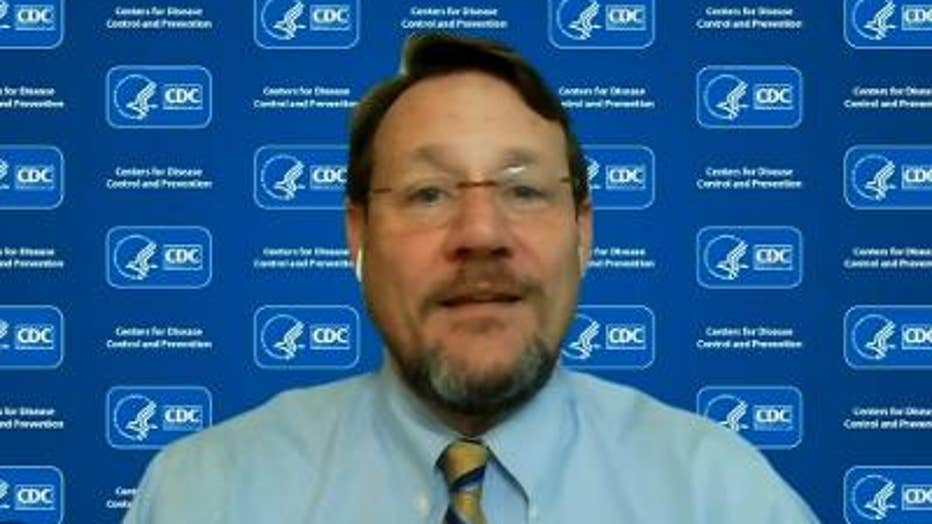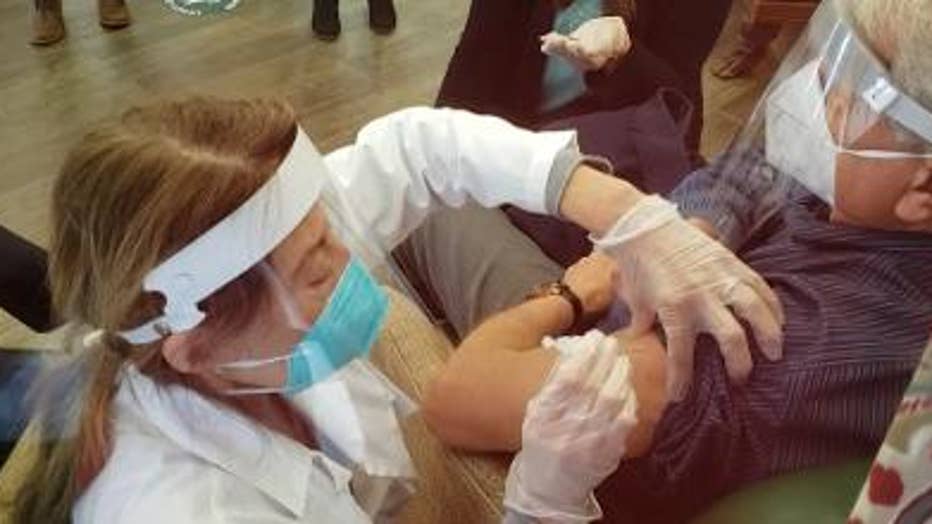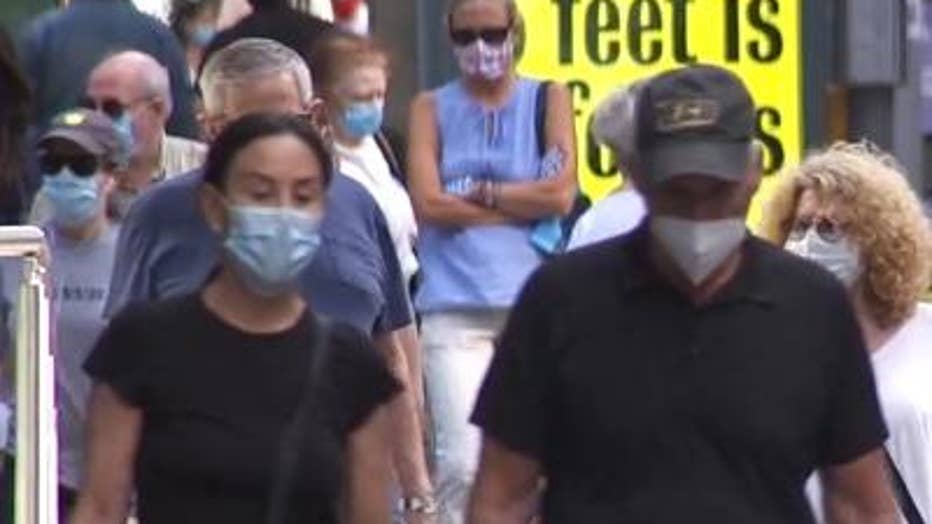CDC talks about new variant of COVID-19 that spreads faster

CDC on new COVID-19 variant
Health official with the Centers for Disease Control and Prevention speak about the new coronavirus variant.
ATLANTA - More cases of a new more transmissible variant of COVID-19 are being reported in the U.S. cases have shown up in Colorado, California and now Florida.
The Centers for Disease Control and Prevention said while it is monitoring this new variant closely, health officials weren't surprised when it first showed up.
"This is the natural history of viruses, they constantly mutate," said Dr. John T. Brooks, who is the Chief Medical Officer for the CDC Emergency COVID-19 Response.
Know how the COVID-19 outbreak is impacting Georgia

Dr. Brooks said the new, faster-spreading variant, called B.1.1.7 by those who study viral sequencing, is a problem.
"Because it can be transmitted more easily that means more people could become infected more rapidly and we already have a healthcare system that's very strained," said Dr. Brooks.
Dr. Brooks said the new variant spreads faster because it can more easily bind to cells.
"This virus has evolved so that it can stick more easily to our cells, so that means it takes less of it to infect you and can infect you more readily," said Dr. Brooks.
He said the good news, it does not make those infected any sicker, nor does it present an increase in the risk of death. Dr. Brooks also said the current vaccines will likely work against the new variant.

"We're looking at that carefully, people are doing experiments to see if the blood of people who have been vaccinated can neutralize the virus, but in the present time there is no evidence this virus has escaped the vaccination," said Dr. Brooks.
The new variant was first discovered in the United Kingdom. It has since been seen in a number of other countries. This week cases started showing up in the United States, but as of right now, none have been identified in Georgia.
"We're looking for that now, but I think all of us should behave just as if it's around us," said Dr. Brooks.
As for how to protect yourself against it, Dr. Brooks said the same rules apply: mask up, wash your hands, and social distance.

While many may find this new, faster-spreading variant overwhelming, Dr. Brooks assures that social distancing practices and the vaccine will help end the pandemic.
"I have no doubt we're going to learn to live with this virus in a way that it doesn't pose the threat it does now, but in the short term we need to hunker down and do what we can to protect ourselves," said Dr. Brooks.
WATCH: FOX 5 Atlanta live news coverage
_____
Sign up for FOX 5 email alerts
Download the FOX 5 Atlanta app for breaking news and weather alerts.

